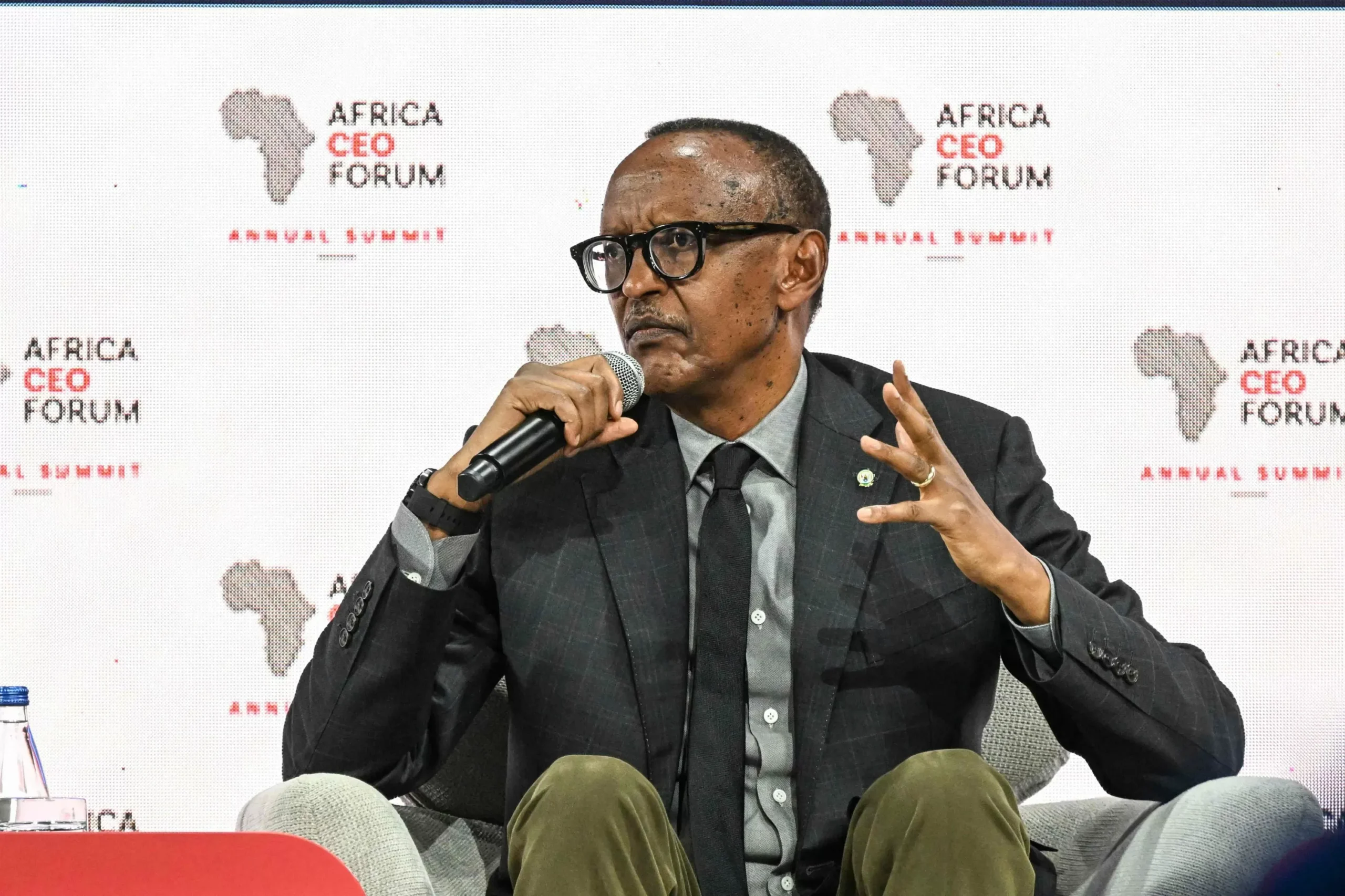Rwanda has officially withdrawn from the Economic Community of Central African States (ECCAS), a move that has shocked many in the region. The decision was announced by Rwandan President Paul Kagame, who accused the bloc of siding with the Democratic Republic of Congo (DRC) amid ongoing tensions between the two countries.
The ECCAS, established in 1983, is a regional economic bloc that aims to promote economic integration and cooperation among its member states. It consists of 11 countries, including Angola, Burundi, Cameroon, Central African Republic, Chad, Congo, DRC, Equatorial Guinea, Gabon, Sao Tome and Principe, and Rwanda.
Rwanda’s withdrawal from the ECCAS has raised concerns about the future of regional economic integration and cooperation in Central Africa. The country’s decision comes at a time when the region is facing numerous challenges, including political instability, armed conflicts, and economic struggles.
In a statement, President Kagame cited the ECCAS’ failure to address the ongoing border dispute between Rwanda and the DRC as the main reason for the withdrawal. The two countries have been at odds over the demarcation of their common border, with both sides accusing each other of violating territorial integrity.
President Kagame also accused the ECCAS of siding with the DRC in the dispute, stating that the bloc had failed to take a neutral stance and instead, had chosen to support the DRC’s claims. This, according to President Kagame, has undermined the credibility of the ECCAS and its ability to promote peace and stability in the region.
The withdrawal of Rwanda from the ECCAS has been met with mixed reactions. Some see it as a bold move by President Kagame to protect his country’s interests, while others view it as a setback for regional cooperation. However, one thing is clear – the decision will have significant implications for the region’s economic and political landscape.
Rwanda’s economy has been one of the fastest-growing in Africa, with an average annual growth rate of 8% over the past decade. The country has also made significant progress in reducing poverty and improving the standard of living for its citizens. Therefore, its withdrawal from the ECCAS is unlikely to have a significant impact on its economy.
However, the move could have a ripple effect on the region’s economy, as Rwanda is a major trading partner for many of its neighboring countries. The ECCAS’ failure to address the border dispute and the subsequent withdrawal of Rwanda could lead to a decline in trade and economic cooperation among member states.
Moreover, the withdrawal of Rwanda from the ECCAS could also have political implications for the region. The bloc’s inability to resolve the border dispute and the withdrawal of one of its key members could weaken its position as a regional peace and security mediator. This could create a power vacuum that could be exploited by other external actors, leading to further instability in the region.
In light of these potential consequences, it is crucial for the ECCAS to address the concerns raised by Rwanda and work towards resolving the border dispute between Rwanda and the DRC. The bloc must also take steps to restore the confidence of its member states and reaffirm its commitment to promoting regional economic integration and cooperation.
In conclusion, Rwanda’s withdrawal from the ECCAS is a significant development in the region that has raised concerns about the future of economic integration and cooperation in Central Africa. The bloc must take steps to address the concerns raised by Rwanda and work towards resolving the border dispute to prevent further escalation of tensions. It is crucial for the ECCAS to remain united and focused on its goal of promoting peace, stability, and economic development in the region.





![Complete BritRail Pass Guide [Types, How to Use It, Pros + Cons]](https://inside-news.uk/wp-content/uploads/2025/06/00221EB4-BCA2-4DBB-6CD4-83DBC37D71FA-120x86.webp)












